On Monday, twelve NATO Allies (Belgium, Czechia, Germany, Greece, Hungary, Italy, Montenegro, North Macedonia, Romania, Spain, Turkey, and the United Kingdom) agreed to further expand military aviation training across the Alliance through the NATO Flight Training Europe (NFTE) initiative.
This includes the first ever placement of around fifty student pilots in four locations beginning this year, the addition of nine new training campuses, as well as the establishment of a dedicated industry advisory body.
NFTE aims to fundamentally change the way Allies train the full range of aircrews, including pilots for jets, helicopters, and remotely piloted air systems.
According to a press release:
“NFTE is not only strengthening the capabilities of Allied air forces but it is also promoting Allied unity. Deputy Secretary General Mircea Geoană said: “Unity doesn’t just happen, it has to be earned. One way of achieving this is by systematically training together and forging trusting relationships in the process. NATO Flight Training Europe is an excellent example of this. This important multinational effort will help us to break down national silos towards a shared approach to training the next generations of aircrews.”
With the latest expansion of the number of training campuses to fourteen locations, NFTE is now facilitating training in seven Allied countries. The rapid growth of NFTE has attracted interest around the Alliance with several Allies expected to join in the first half of 2024. The placement of the first group of students means that Allied aircrews will have access to cutting-edge training opportunities.”


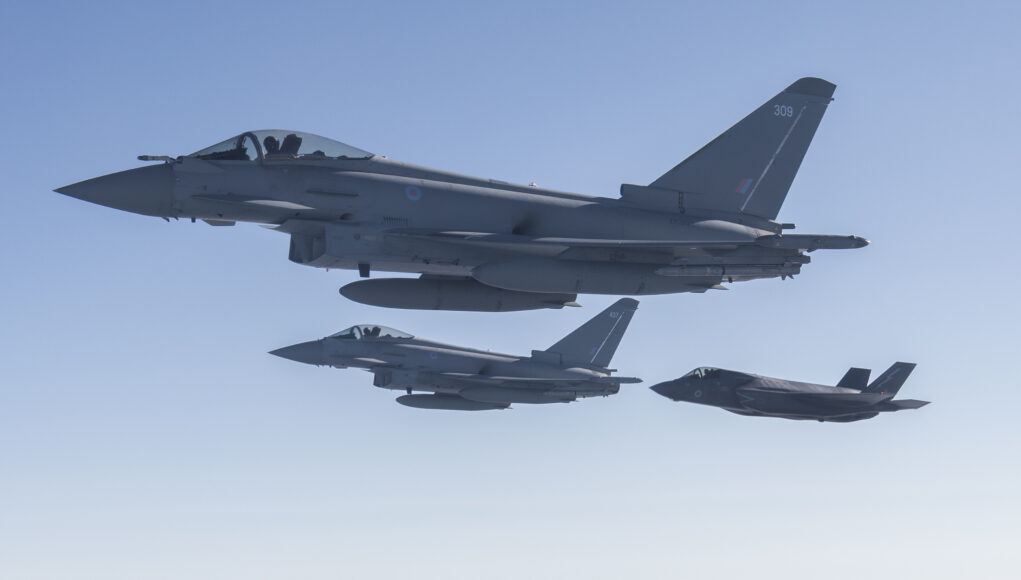

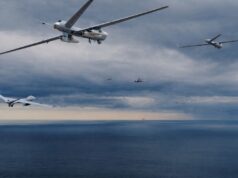
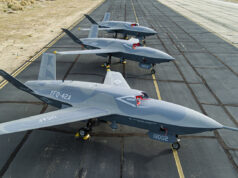

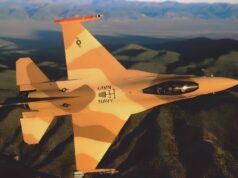

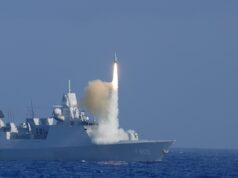



Can’t be a bad thing can it? It will give a valuable lesson on how NATO works and everyone trained to the same standards.
Hi folks hope all is well.
Yes this can’t be a bad thing and hopefully will build upon the skills set.
However, I’m not expert enough on military matters as most on this site. My concern is how does this form of training fit the many different airframes that cover the NATO spectrum? Won’t a mix of students have different equipment etc?
Cheers
George
Hi George, I’m assuming that after officer training and successful flight screening this will mainly cover ground school and initial flight training, probably up to turbo prop, but stopping short of fast jet training.
Cheers John, thanks for the information.